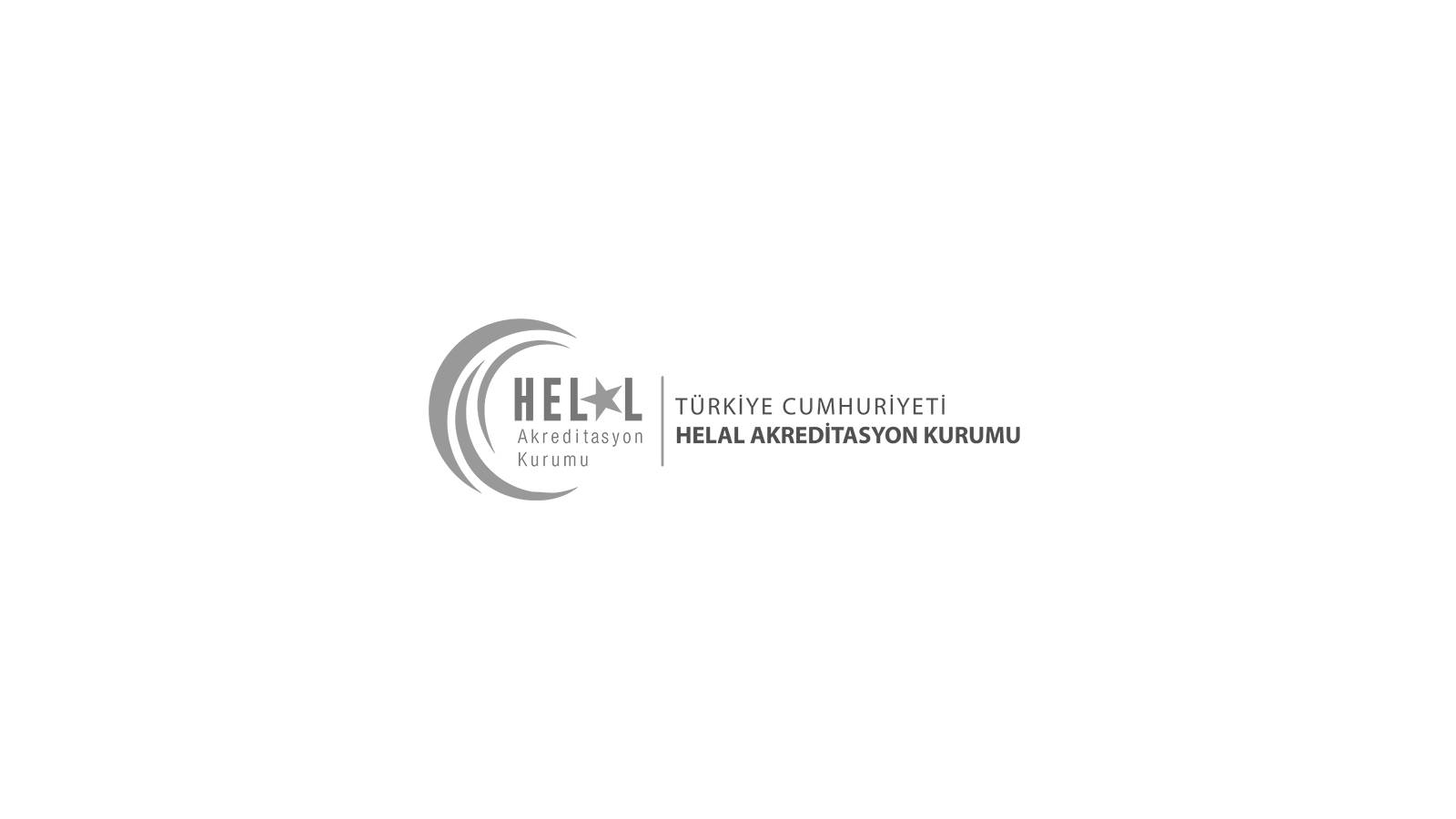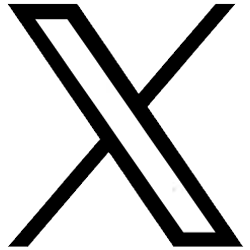
Morocco
Population
34,314,130
Capital City
Rabat
Currency
Moroccan Dirhem
Volume of Trade
Percentage of Muslim
99 %
GDP per Capita (Nominal)
8,600 $
GENERAL INFORMATION
97 % of the total population (34 million of 35 million) of Morocco is composed of Muslim citizens. In this regard, Morocco is an important market for halal products and it is envisaged that demand for halal certified products will continue to increase due to the increase in per capita income. The country is a member of SMIIC Accreditation Council and takes place in the technical committees on Halal Food Issues (TC1), Halal Cosmetic Issues (TC2), Tourism and Related Services (TC5), Agricultural Products (TC6), Transportation (TC7), Leather and Tanning Material (TC8), Textiles and Related Products (TC9) and Halal Management Systems (TC11).
90 % of the Moroccan food companies produce halal products. According to 2017 statistics, total export of food products of Morocco is about 5,3 billion US dollars. Leading countries for import of halal certified products are Spain, France, Germany and Italy.
There are 7 halal certified cosmetics firms in Morocco and the country is an importing country in cosmetics sector. In this sector, Morocco’s import only from the USA is about 4,5 million USD.
Islamic banking has been started in 2017 and the country expects an Islamic finance investment amount of 3-7 billion USD from the countries such as Gulf countries, Malesia and Indonesia. Morocco is in the 7th position in halal tourism all over the world.
Moroccan Standardization Institute (Institut Marocain de Normalisation – IMANOR), together with Moroccan National Office of Health Security of Food Products (Office National de Sécurité Sanitaire des Produits Alimentaires – ONSSA), conducts a compulsory halal inspection on imported animal products. Although halal certification is not compulsory for cosmetics, consumers prefer the products which have halal certificate.
In this respect;
- Compulsory halal standards are stated as NM 08.0.800 and NM 08.0.802 (NM: Norm Marocain) by the IMANOR representatives. It is emphasized that these standards are based on SMIIC standards (OIC/SMIIC 1 standard) and other countries’ standards (such as Malaysian Halal Standard MS1500) are also considered in the preparation process of the standards. Internationally accepted standards are also used in practice.
- ONSSA requires halal slaughtering certificate from importers in addition to halal certificate.
- IMANOR provides halal certification service in food, cosmetics and tourism sectors. Moroccan Accreditation Service (SEMAC) within the Ministry of Industry is the only authorized body in halal accreditation. IMANOR and High Council of Ulamas announced that a new halal certification system was established on 15 January 2018 for the cooperatives in food and cosmetics production sectors.
- Preparative studies on legal infrastructure for tourism sector are continued to be conducted by IMANOR.
- Certificates compatible with SMIIC standards and certificates obtained from the organizations that are stated in official website of JAKIM (Jabatan Kemajuan Islam Malaysia - Department of Islamic Development Malaysia) are accepted.
Morocco has Memorandum of Understandings (MoU) with Spain, Brazil, New Zeeland, United Arab Emirates, Sri Lanka, Saudi Arabia and Turkey.
- Expo Halal International (Mahal-Expo): This fair is organized in different cities every year, and has the aim of increasing the consciousness of the consumers in halal issues. (www.mahalexpo.com)
- Forum Halal Maroc (FOHAM): This congress is organized in Rabat with the cooperation of Ministry of Industry, Investment, Commerce and Digital Economy (Ministère de l’Industrie du Commerce de l’Investissement et de l’Economie Numérique), Ministry of Agriculture and Maritime Fisheries (Ministère de l'Agriculture et de la Pêche Maritime) and IMANOR.
ADDITIONAL INFO
|
Authorized Institutions
|
Schedule of Events
|
Legislation
|
|
|
For Details Click here
|
The information on this website is provided by the Halal Accreditation Agency (HAK) for general information purposes only. While the content and information on this website are periodically reviewed and aspired to be correct, complete, and updated; the Agency does not assume any liability or does not guarantee the accuracy of information provided.
The website of the HAK may contain links providing direct access to external internet resources, including websites that are not provided or maintained by or in any way affiliated with the Agency. The Agency takes no responsibility for and will not be liable for the links provided on this website.
The information on this website cannot be reproduced or used without prior approval from the Agency, and/or credit is given to the source.







